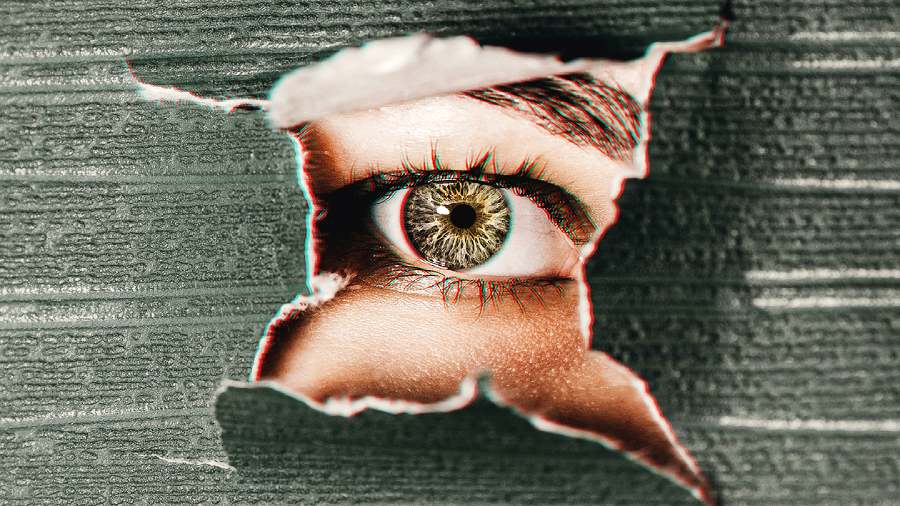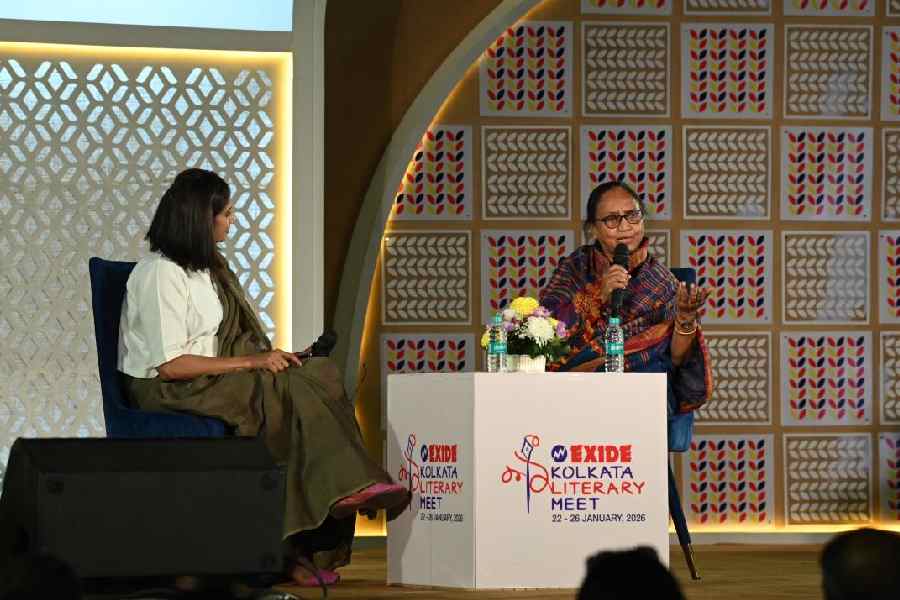Book: The Beauty Of Dusk: On Vision Lost And Found
Author: Frank Bruni
Publisher: Avid Reader
Price: $28
Whenever we wake up, aren’t things hazy for a few minutes? For some, it may take a cup of tea or coffee to resurrect their vision. Others prefer to rub their eyes or wash their face for the world to readjust itself.
Something similar happened to the American journalist, Frank Bruni, one morning in 2017. However, Bruni soon realised that it wasn’t an everyday blurriness — “The computer screen was just a wash of white light”, anything in print was “indecipherable, a sludgy gumbo of fuzzy letters”. After consulting a few ophthalmologists, he not only learnt that a rare stroke has blocked blood supply to one of the optic nerves, blinding him in one eye, but he was also informed that the chances are that he may lose vision in the second one too.
What would you do if this were to happen to you? Would you mourn the loss of vision? Is it even possible to remain stoic and continue as if nothing has happened?
Many would panic in this situation, and understandably so. But Bruni, even though he had lost vision, didn’t lose his perspective of things. And the result of his newer ways of seeing — his latest book — is a fine piece of personal writing.
Readers are free to ‘see’ the world that Bruni constructs in this book as they like. They can take it as a selfhelp book, as it has stories of resilience, compassion, readjustment, and recommendations by the author on how to lead a better life. Or they can read it as a record of wisdom that Bruni gained on reading and learning about famous and not-so-famous blind people. The Beauty of Dusk can also be cherished for its wonderful prose.
While it’s starkly different from Joan Didion’s The Year of Magical Thinking — I cannot help but invoke it — the following sentence from Dusk is what I recalled when I finished reading the first chapter of the book: “Life changes in the instant”. Bruni’s record of losing his vision and, in turn, gaining a lot is all about such epiphanies. It’s about those decisions that one gets to make when one is at the “fork”, as he writes. One can either lose control and let things take their own course or one can choose not to lead one’s life on autopilot mode and take charge. The choice, Bruni asserts, is yours. It has always been so.
“I went to bed seeing the world one way. I woke up seeing it another,” he writes in the introduction. Though he mentions many gains, what resonates is the joy that he begins to find while coming to terms with ageing and mortality. Instead of finding it heart-breaking to be reminded that he’s not “indestructible”, he tethers back to the goodness and the richness of life, bidding adieu to worries and doing what he prophesied in the book: “keep moving”.
Through this book, Bruni seems to be asking us to let go of the “stupid resentments” and “pointless grudges” in life, for the kernel of control of our life is not entirely at our disposal. Whatever time one has, it must be spent to “nurture a rich network of relationships,” “intellectually challenge yourself,” and fill yourself with a sense of purpose. This makes this book a patchwork of the world that Bruni sees with impaired vision — a world so enriching and full of gratitude that it leaves no space for pettiness to overpower it.










